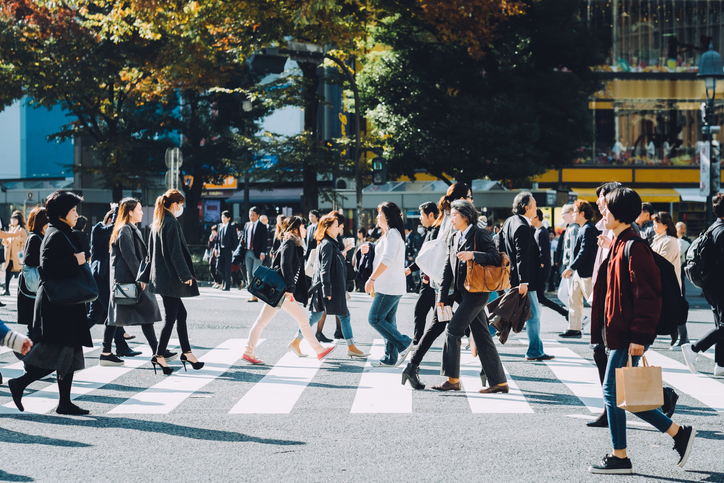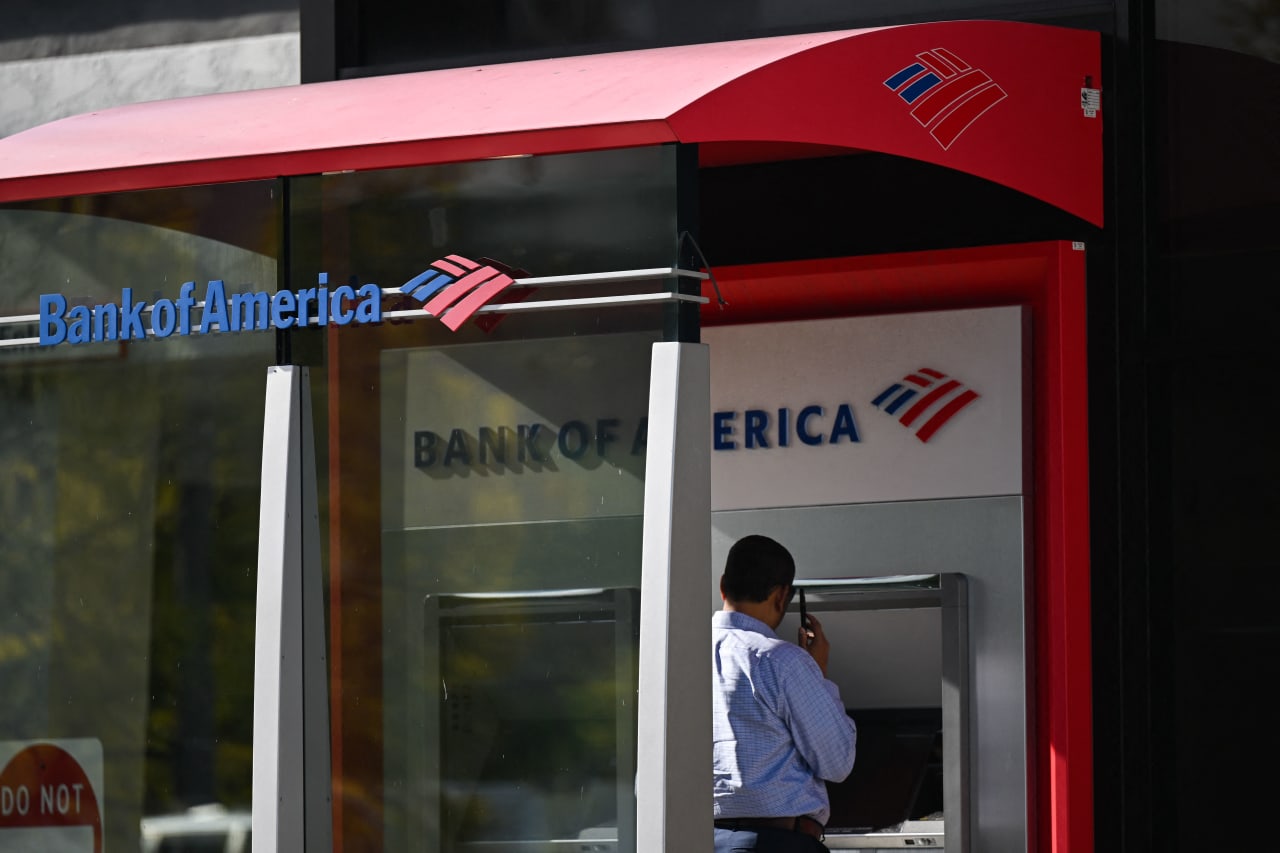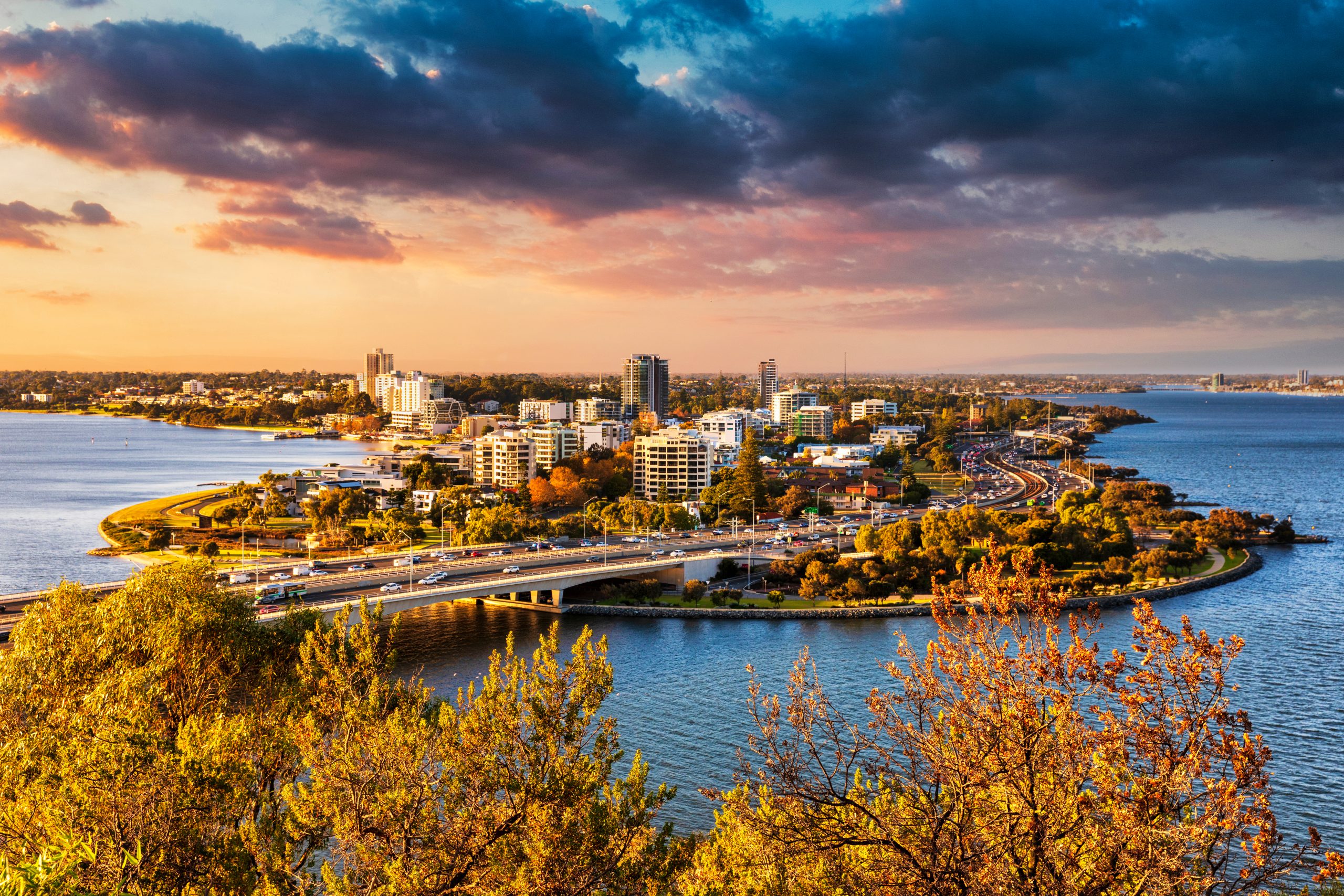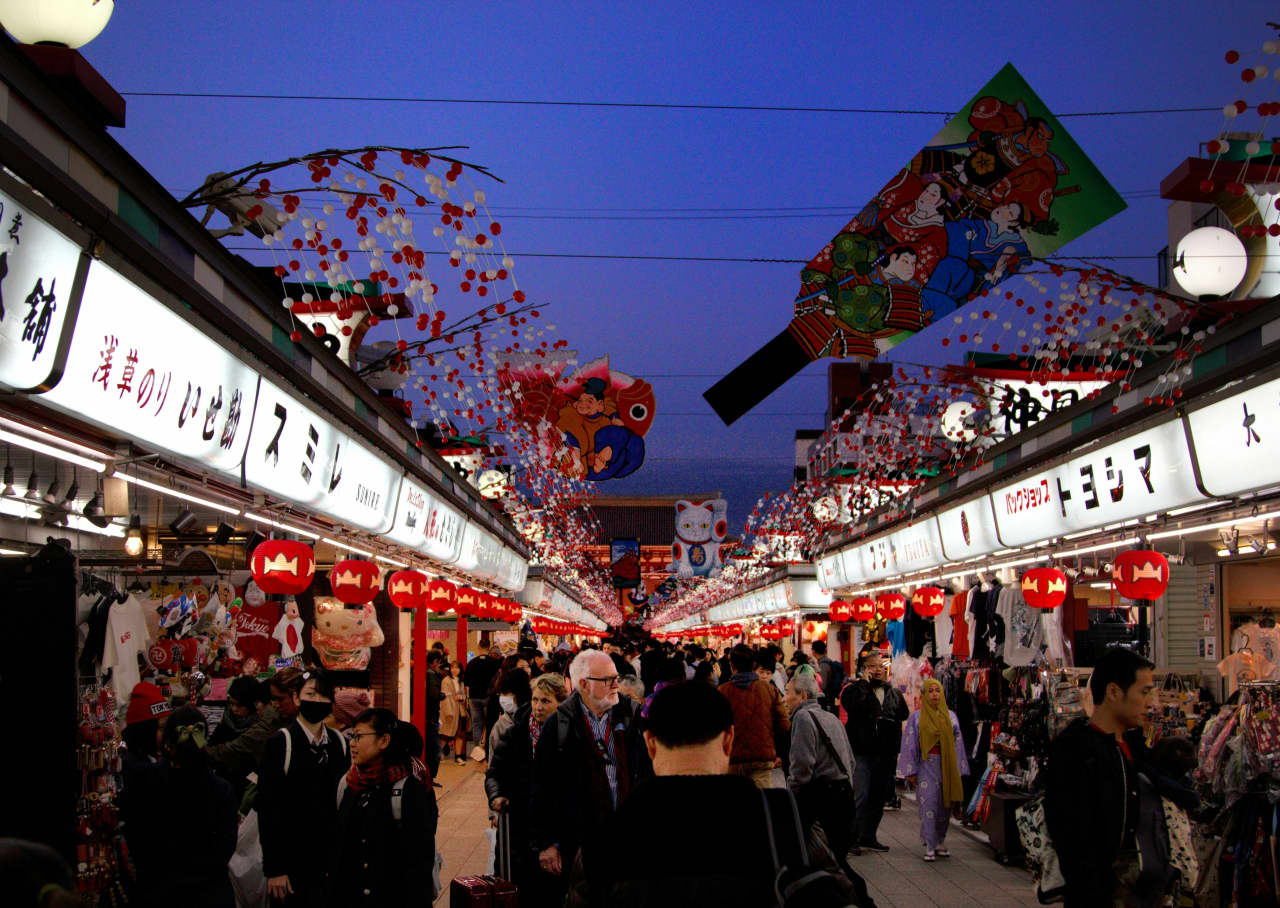Real-Estate Investors Flee the U.S. for a Land of Fuller Offices
International investors feel bullish on Japan’s economy, with the stock market trading near a 33-year high, as a weak yen sweetens the pot
TOKYO—Office building investors are in full retreat from most U.S. cities. Some are finding a haven in Japan, where most workers have returned to the office and banks are eager to lend.
Foreign investors including LaSalle Investment Management, London-based M&G, and Singaporean conglomerate Keppel are buying Japanese office buildings, attracted by the market’s stability.
Investment in Japanese office real estate hit over $4 billion in the first quarter of this year, more than double the figure a year earlier, according to JLL.
In the U.S., pension funds and property developers are selling off their office holdings at a discount. Office vacancy rates are surging in major cities, hitting 16% in Manhattan and 32% in San Francisco in the second quarter, according to CBRE. Vacancy rates in Tokyo’s central business districts have stabilised around 6%.
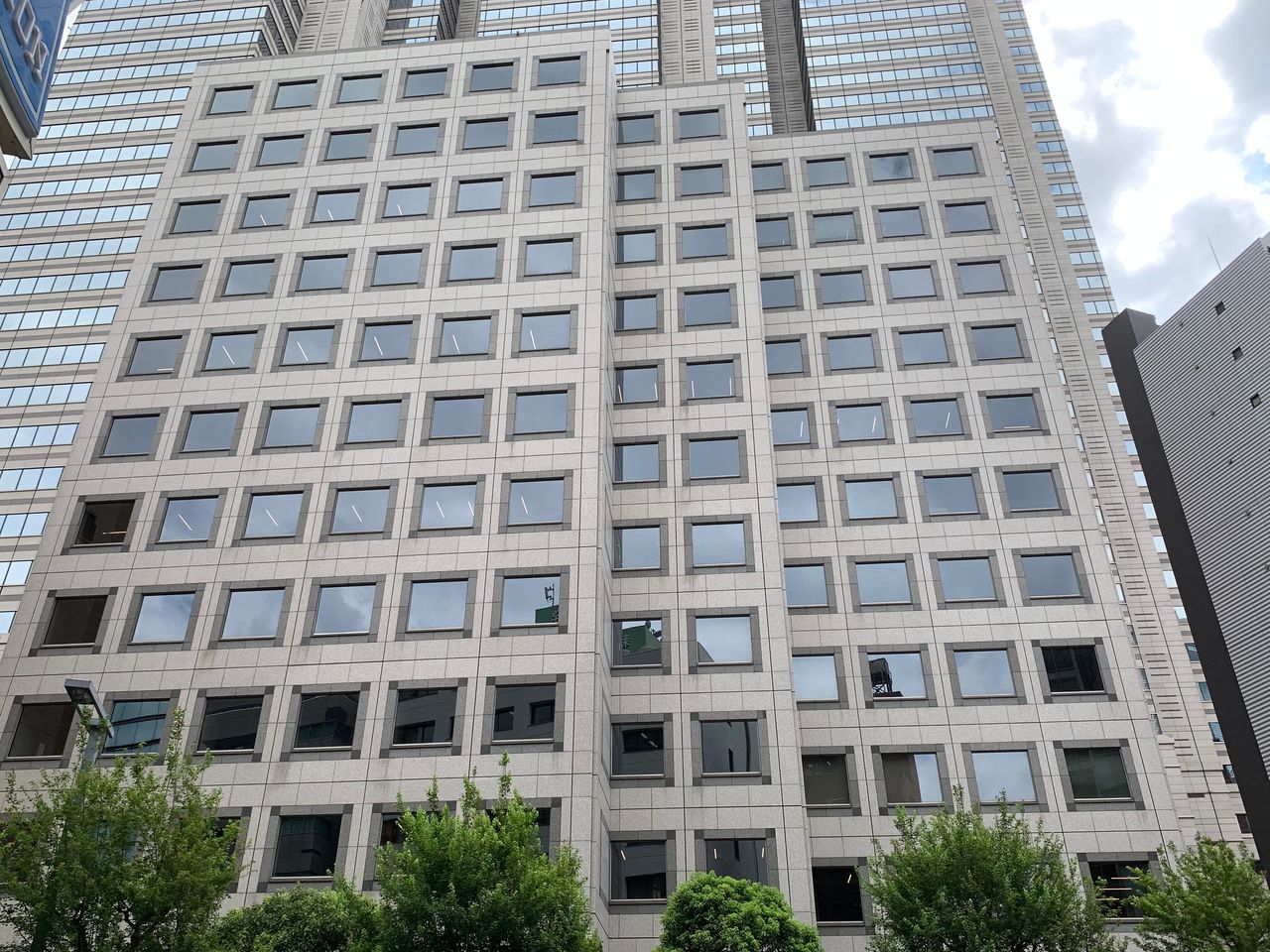
“Almost every other office market in the world would trade places in a heartbeat with Tokyo,” said Calvin Chou, head of Asia-Pacific for Invesco Real Estate.
The office sector often acts as a proxy for a country’s economy, and international investors like Invesco are feeling bullish on Japan, Chou said. The stock market has been trading near a 33-year high, and property buyers’ dollars go farther thanks to the weak yen.
An additional incentive, according to investors, is the generous spread between the rent yield on office buildings and the cost of borrowing to acquire the buildings, which is low thanks to the Bank of Japan’s near-zero interest rates.
Smaller apartments and a cultural emphasis on in-person communication with colleagues spelled the swift decline of remote work in Japan. As of the end of April, office attendance rates in Tokyo were above 75%, according to NLI Research Institute. In the U.S., the average return rate is stalled at about 50%, according to data firms and industry participants.
Millions of square feet of new office space will hit the market in Tokyo and Osaka over the next few years, but analysts said they didn’t expect many empty cubicles to result.
Kunihiko Okumura, chief executive of LaSalle’s Japan branch, said his firm has continued actively buying offices in Japan over the last several years. He projected that LaSalle’s new $2.2 billion Asia Pacific real estate fund would invest 60% of its Japan allocation in office property.
In September 2022, LaSalle purchased a vacant medium-sized office building in Tokyo’s Shinjuku district, near the Park Hyatt hotel made famous in the 2003 movie “Lost in Translation.” LaSalle completed renovations in March and has already made more leasing progress than expected, Okumura said.
By contrast, LaSalle in February unloaded an office building in Santa Ana, Calif., at a loss of more than 50%.
Many foreign investors have gravitated towards Japan’s Class B or medium-size office buildings instead of top-tier properties.
“We continue to seek the assets which have been very poorly managed by property owners,” Okumura said. “That kind of inefficiency provides us with a very good opportunity to be able to push up the value of the asset and sell it to a very strong core market.”
British investor M&G paid more than $700 million last October for an office building in Yokohama, just south of Tokyo. Its head of Asia real estate, JD Lai, said the building would provide long-term stable income.
This winter, BlackRock purchased the 17-story Harumi Front office building in Tokyo, tapping a loan from Japan’s Mizuho Bank. According to the seller’s disclosure, the price was more than $250 million.
Investors across Asia are also joining the game. From Singapore, Keppel picked up a boutique office building in the Ginza neighbourhood last November, while SilkRoad acquired an office in central Tokyo as part of a six-asset portfolio buy in April.
Last year, Hong Kong private equity firm Gaw Capital helped Invesco complete a $3 billion effort to privatize the U.S. company’s office real estate investment trust in Japan, which owned 18 buildings.
“We renovated two of the assets and created common areas, and then we actually managed to raise rents quite a bit,” said Isabella Lo, a Gaw Capital managing director.
Satoru Aoyama, a senior director at Fitch Ratings in Japan, said Japanese banks have a strong lending appetite for office real-estate investments, even while U.S. financial institutions are having second thoughts.
Analysts said Japan likely isn’t a place to make large gains, given the country’s shrinking population and generally slow-growing economy. Some big players remain on the sidelines, unsure whether the work-from-home trend may come back to Japan after all.
“It’s not an exceptionally attractive market, but it’s a very solid market,” said Aoyama. In discussions with investors, he said, “we try to list concerns, but for each concern, we find a mitigant.”
 Copyright 2020, Dow Jones & Company, Inc. All Rights Reserved Worldwide. LEARN MORE
Copyright 2020, Dow Jones & Company, Inc. All Rights Reserved Worldwide. LEARN MORE
This stylish family home combines a classic palette and finishes with a flexible floorplan
Just 55 minutes from Sydney, make this your creative getaway located in the majestic Hawkesbury region.
The Republican nominee says it would help bring down home prices, though these buyers account for a fraction of U.S. home sales
Former President Donald Trump said he would ban undocumented immigrants from obtaining home mortgages, a move he indicated would help ease home prices even though these buyers account for a tiny fraction of U.S. home sales.
Home loans to undocumented people living in the U.S. are legal but they aren’t especially common. Between 5,000 and 6,000 mortgages of this kind were issued last year, according to estimates from researchers at the Urban Institute in Washington.
Overall, lenders issued more than 3.4 million mortgages to all home purchasers in 2023, federal government data show.
Trump, the Republican presidential nominee, made his comments Thursday during a policy speech to the Economic Club of New York in Manhattan.
Housing remains a top economic issue for voters during this presidential election. Rent and home prices grew at historic rates during the pandemic and mortgage rates climbed to levels not seen in more than two decades. A July Wall Street Journal poll showed that voters rank housing as their second-biggest inflation concern after groceries.
Both major candidates for the 2024 presidential election have made appeals to voters on housing during recent campaign stops, though the issue has so far featured more prominently in Vice President Kamala Harris ’s campaign.
Trump has blamed immigrants for many of the nation’s woes, including crime and unemployment. Now, he is pointing to immigrants as a cause of the nation’s housing-affordability crisis. Yet some affordable-housing advocates and real-estate professionals said Trump’s mortgage proposal would fail to bring relief to priced-out home buyers.
“It’s unfortunate that given the significant housing affordability crisis that is widely acknowledged across most partisan lines, we are arguing about a minuscule segment of the market,” said David Dworkin, president of the National Housing Conference, an affordable-housing advocacy group.
Gary Acosta, chief executive of the National Association of Hispanic Real Estate Professionals, a trade organization, said, “It’s just another effort to vilify immigrants and to continue to scapegoat them for any issues that we have here in the United States.”
A Trump campaign spokeswoman didn’t immediately respond to a request for comment.
Undocumented immigrants in the U.S. can obtain an obscure type of mortgage designed for taxpayers without Social Security numbers, most of whom are Hispanic. The passage of the USA Patriot Act of 2001 allowed banks to use identification numbers from the Internal Revenue Service as an alternative to Social Security, extending a number of financial services to people without legal status for the first time.
Mortgage loans for undocumented immigrants are typically higher interest and borrowers include legal residents who have undocumented spouses, Acosta said. Lenders include regional credit unions and community-development financial institutions.
In his speech, Trump said that “the flood” of undocumented immigrants is driving up housing costs. “That’s why my plan will ban mortgages for illegal aliens,” he said.
Trump didn’t elaborate on how he would enact a ban on such loans.
Though mortgages for undocumented people living in the U.S. are relatively rare, residential real-estate purchases by foreign nationals are big business , especially in expensive coastal cities such as New York and Los Angeles. These sales have declined in recent years, however.
Close to half of foreign purchases are made by people residing abroad, while the other half are made by recent immigrants or residents on nonimmigrant visas, according to an annual survey by the National Association of Realtors. Many affluent foreigners buy U.S. homes with cash instead of obtaining mortgage financing.
In his Thursday speech, which focused mostly on other economic matters such as energy and taxation, Trump proposed other measures to bring down housing costs, including cutting regulations for builders and allowing more building on federal land. Similar ideas appeared in the housing policy outline Harris released in August .
The former president has spoken on housing-related issues in speeches at other recent campaign stops, including in Michigan last month, where he touted his administration’s 2020 overturn of a policy that had encouraged cities to reduce racial segregation .
“I keep the suburbs safe,” Trump said. “I stopped low-income towers from rising right alongside of their house. And I’m keeping the illegal aliens away from the suburbs.”
This stylish family home combines a classic palette and finishes with a flexible floorplan
Just 55 minutes from Sydney, make this your creative getaway located in the majestic Hawkesbury region.









